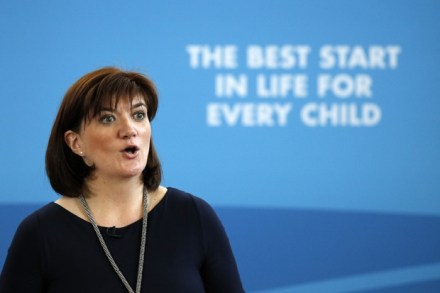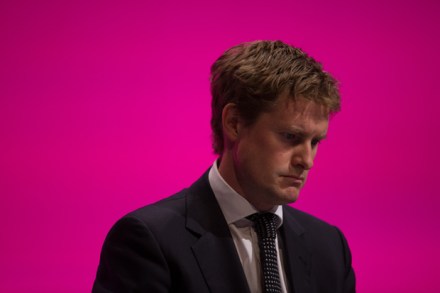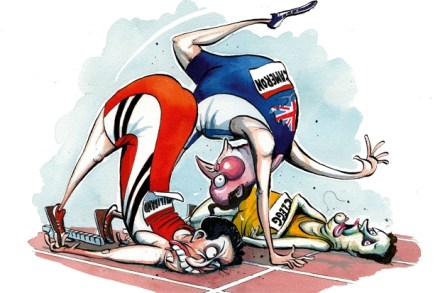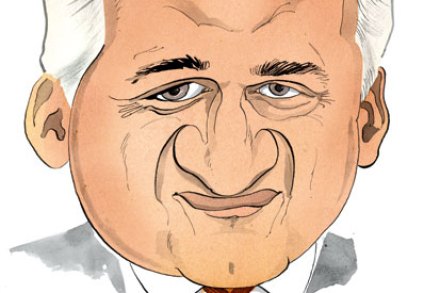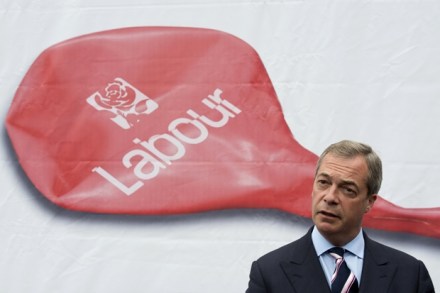The Tories are coming to believe in David Cameron’s election hunch
‘You did this,’ David Cameron repeatedly declared to Tory donors as he reeled off a list of the government’s achievements at the Black and White ball on Monday night. Three months before the general election, the atmosphere at this lavish fundraiser at the Grosvenor House Hotel was self-congratulatory and more upbeat than perhaps it should have been, considering the polls. As guests made ever larger bids in the fundraising auction, the mood was one of confidence that the Tories would be in office again after May. By the end of the evening, there was heady talk of a Tory majority. But it is not the donor class who will determine


